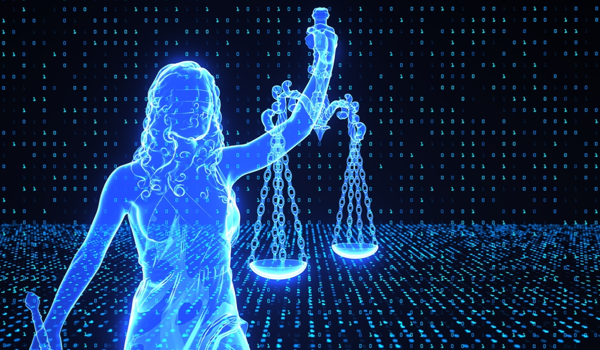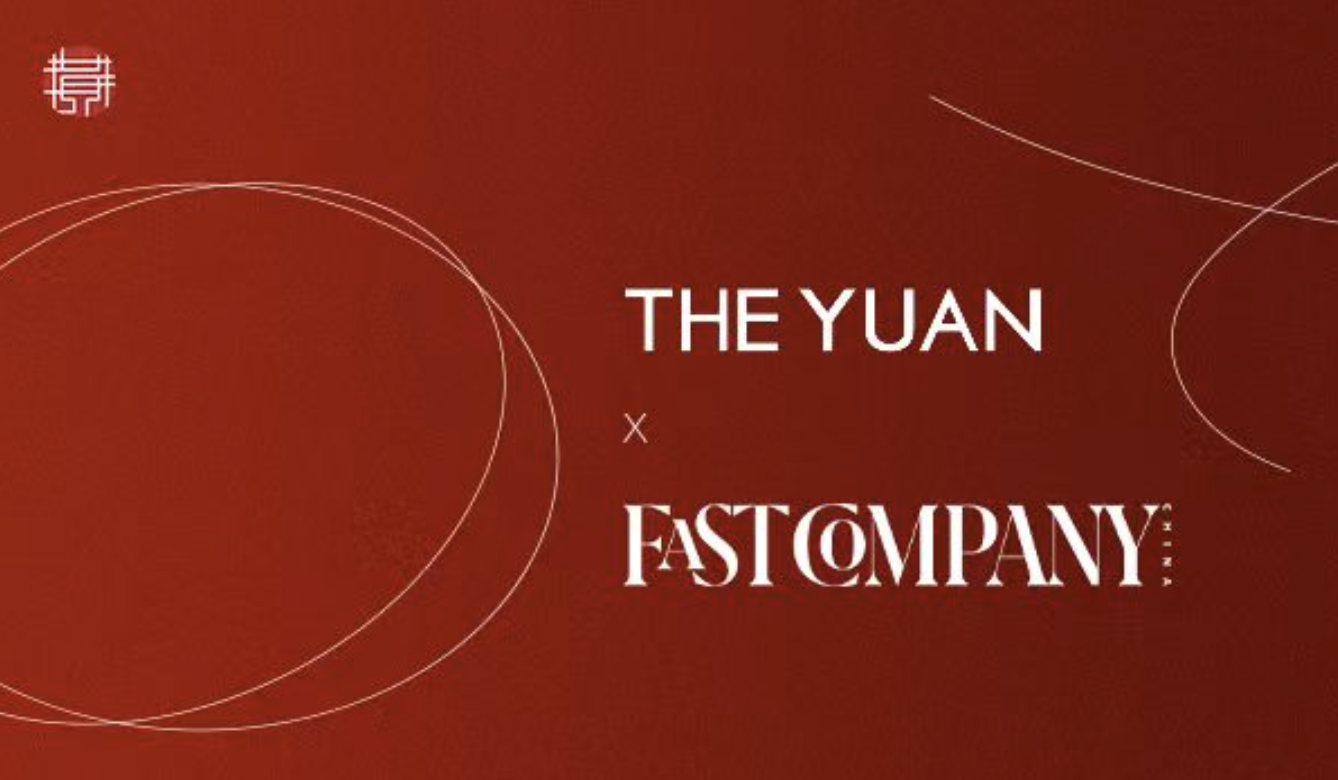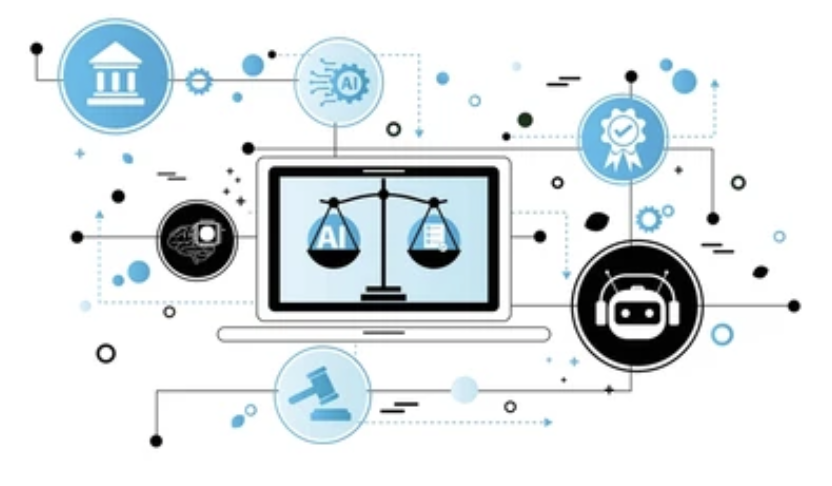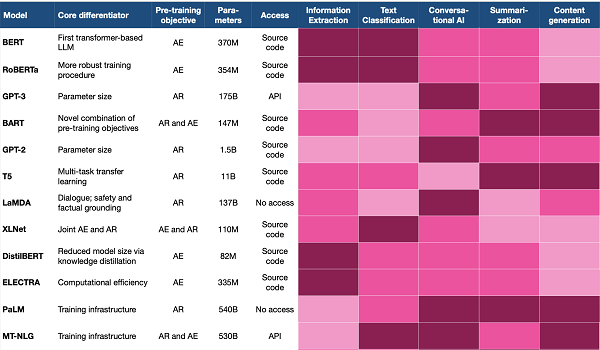


MINNEAPOLIS, MINNESOTA - When assessing the growing role of generative artificial intelligence (GenAI) in the legal profession, a good place to start is with the case Mata v. Avianca, where two of the plaintiff’s lawyers used ChatGPT to write a brief and then filed it with the court. There was a big problem, however: They failed to check the details of the case law ChatGPT produced - a massive oversight, to say the least. Had they done so - which is ethically required anyway - they would have quickly realized the case law ChatGPT had come up with was fake, and then taken the appropriate corrective action. According to one of the plaintiff’s lawyers, he was “unaware of the possibility” that this could happen.
This is a staggering admission, and does not inspire confidence in this lawyer’s competence, considering that OpenAI explicitly tells users that ChatGPT sometimes makes mistakes and that lawyers are expected to know they have a professional duty to be knowledgeable about the software tools they use. Apart from the highly embarrassi
The content herein is subject to copyright by The Yuan. All rights reserved. The content of the services is owned or licensed to The Yuan. Such content from The Yuan may be shared and reprinted but must clearly identify The Yuan as its original source. Content from a third-party copyright holder identified in the copyright notice contained in such third party’s content appearing in The Yuan must likewise be clearly labeled as such. Continue with Linkedin
Continue with Linkedin
 Continue with Google
Continue with Google







 1301 views
1301 views










